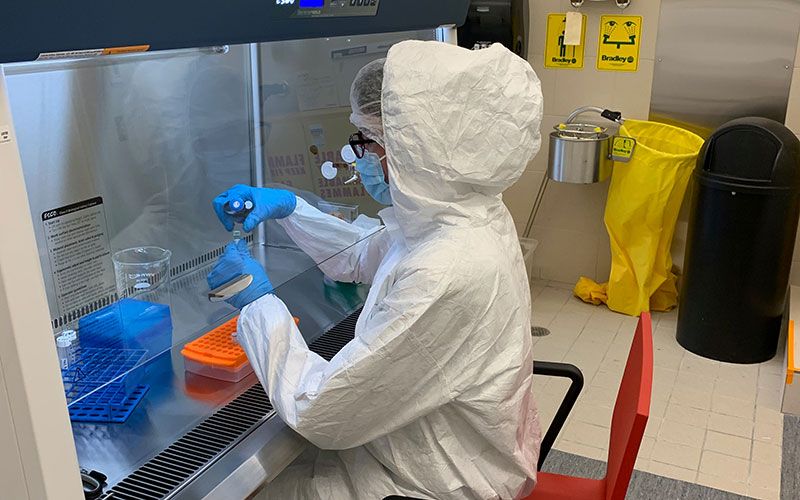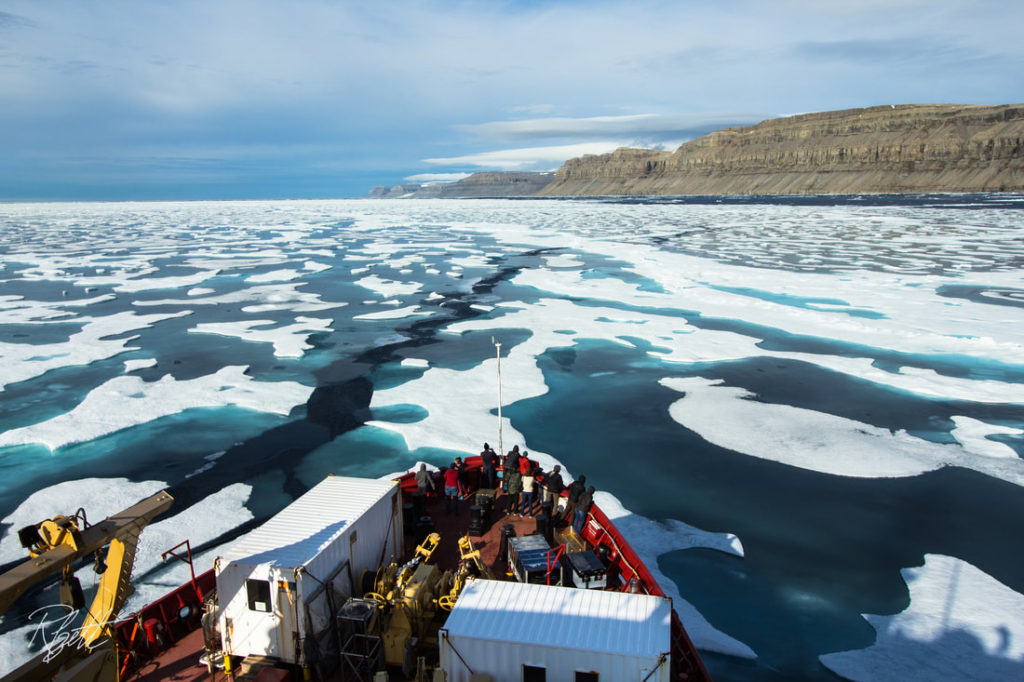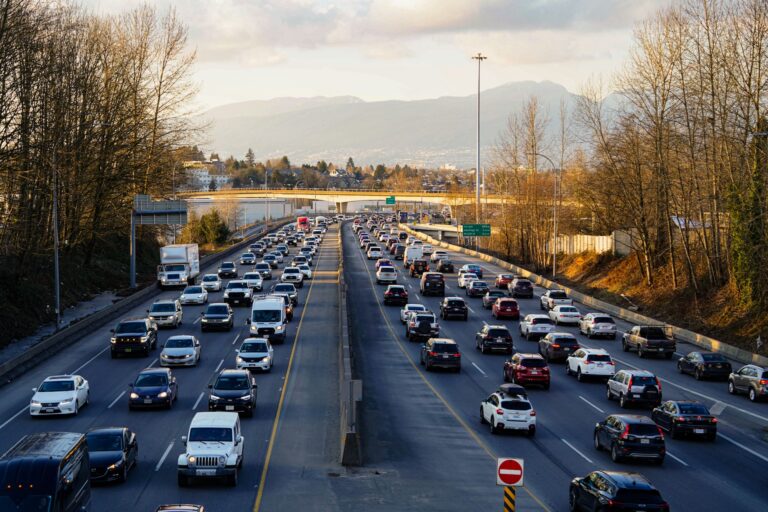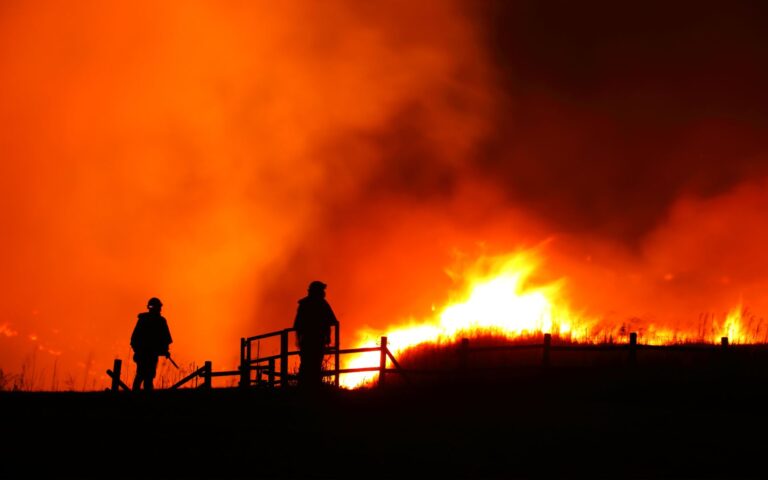UBC Earth Day story ideas
On April 22, the world will celebrate Earth Day under the theme “Restore Our Earth,” with a focus on natural processes, emerging green technologies and innovative thinking that can restore the world’s ecosystems.
UBC researchers are tackling related topics, from reconstructing ancient B.C. ecosystems to preparing urban Surrey residents for hot summers ahead.
DNA lab reconstructs ancient environments and ecosystems

To restore an ecosystem, you first have to know what it used to look like. Molecular environmental archaeologist Dr. Camilla Speller re-constructs ancient environments and ecosystems using DNA and proteins from archaeological remains. Much of Dr. Speller’s work has looked at marine ecosystems along B.C.’s coast and the changes they’ve undergone over the past few centuries. Her ancient DNA and protein lab opened on campus this year and is collaborating with archaeologists from all over Canada whose questions can only be answered by this type of lab.
Interview language(s): English
Note to editors: Filming and photography at the lab is possible before Friday, April 23, 2021.
Dr. Speller is unavailable on Wednesday between 12 – 3:30 p.m. PST.
How changing ocean conditions impact biological productivity in the Arctic

The Arctic is warming faster than any other region in the world, but how can scientists measure impacts on this vast region? A project led by oceanographer Dr. Philippe Tortell used extensive ship-based observations and experiments along with satellite measurements to understand the relationship between surface ocean conditions and biological activity. They have found that warming and melting sea ice in the Arctic Ocean is affecting light and nutrient supply for plankton, which in turn affects marine ecosystems and the livelihoods of northern communities.
Interview language(s): English
Photos: https://seawize.weebly.com/photos.html Credit: Robert Izett
UBC launches new lab to combat healthcare’s environmental impact
Canada’s healthcare environmental footprint is equal to that of aviation. A new lab at UBC, led by Dr. Andrea MacNeill, is dedicated to solving the problem. Researchers in the Planetary Health Care Lab will collaborate on solutions aimed at getting the healthcare industry to zero emissions. This could involve anything from transforming hospital food systems, to driving innovation in medical equipment design, to curbing emissions along the medical supply chain.
Interview language(s): English
*Note to editors: Dr. MacNeill has limited capacity for interviews on Tuesday; unavailable Wednesday; open all day Thursday.
Keeping Surrey cool
Can planting more trees and installing misters and fountains reduce urban heat? Surrey is getting hotter and city planners are working to mitigate the effects of rising temperatures. UBC researchers led by Dr. Stephen Sheppard led workshops with city staff and residents, to explore heat mitigation solutions by depicting a range of possible future scenarios. Dr. Sheppard can speak to why urban heat is a climate risk and how projected increases in hotter days can significantly impact residents’ health and wellbeing.
Interview language(s): English
From Vancouver to Hawaii, UBC student applies lessons learned
Fresh water is one of the world’s most precious resources. UBC engineering student James Roberts, supported by the RBC Blue Water Project, studied a solar aquatic laboratory for wastewater treatment that was built at UBC’s Centre for Interactive Research on Sustainability (CIRS). Now he’s taking his findings into the field to enhance ecosystems in Hawaii, by adopting green technologies that can treat wastewater and preserve ocean and freshwater environments.
Interview language(s): English



